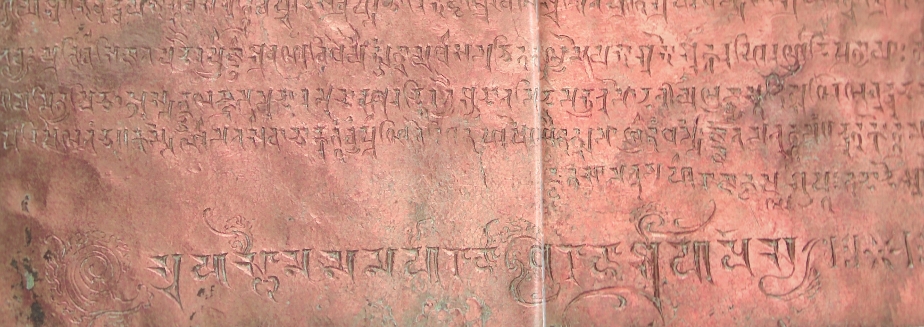Indian Intellectual Traditions

Indian Intellectual Traditions at Jnanapravaha has taken on the challenging task of delving into Indic world views and philosophical systems, which are enriched and deepened by a long history of debate. The written texts of these systems are considered classics and form the bedrock of their world views. The essentialised qualities of these texts, both scriptural and kavya, are drawn from the early theorists and practitioners that formulated them. The Vedic texts including Brahmanical scriptures, Puranic, Agamic and Tantric texts, as well as the entire range of Jain and Buddhist texts of various sects fall within this expansive ambit. The schools of philosophy that were based loosely on the Vedas – Sankhya, Yoga, Vedanta, Mimamsa, Nyaya, and Vaisheshika – along with non-Vedic schools such as Buddhism, Jainism and Charvaka, as well as their various offshoots and types, are the subject of our enquiry. Their texts are attempts to formulate answers to philosophical questions regarding the nature of reality, sentient and human beings, the world, and the existence or lack of existence of a first cause.
Indian Intellectual Traditions aims to acquaint itself with the challenging and varied texts of Buddhist philosophers such as Nagarjuna, founder of the Madhyamika school, Buddhaghosha, author of the Visuddhimagga, and Ashvaghosha, a philosopher and noted poet, and schools such as Yogachara, an influential idealistic school of Mahayana Buddhism. In the Jain tradition, the texts of Haribhadra Suri and Hemachandra Suri, and the central Jain concept of Anekantavada, along with the doctrine of Syadvada, are of great importance. Seminars on these doctrines will highlight the multiple points of view of Jain metaphysics.
Sanskrit grammar has the extraordinary distinction of having rules that were formulated by Panini in his Ashtadhyayi very early in historical time, the first such attempt in the world. Before this, the Rigveda invoked the Goddess of Speech or Vak. The importance of etymology to the Indic tradition can be judged from the fact that two important schools of philosophy, Mimamsa and the Grammarian school, use shabda or linguistic sound as a cornerstone. Foremost in developing Sphotavada, grammarians such as Patanjali and Bhartrihari held that sphota is a meaning-bearing sound revelation and that meaning comes from the human consciousness or mind and does not dwell in objective existence. The Sanskritic tradition also boasts of giants such as Anandavardhana, author of Dhvanyaloka, and the prolific Abhinavagupta, a philosopher and aesthetician who was a practitioner of the Pratibhijna school of Shaivite monism.
Shastric as well as Sutra literature lie within the scope of our enquiry, along with the mystical literature written by Indic saints. Mysticism sprang from religious experience that was also expressed in aesthetic terms, for instance in the poetry spawned by its myriad offshoots, as seen in Buddhist, Bhakti and Sufi literature. Epics, histories, mythologies, and literature also constitute some of the strands of the richly varied braid that is Indian Intellectual Traditions. The magnitude of the influence wielded by the great epics Ramayana and Mahabharata was a result of their unparalleled and wide dissemination, and the transformation of the former as it spread from Kashmir and Tibet to China and maritime Southeast Asia. The Mahabharata was key in defining political space. Many Indian poets such as Kalidasa and Bana were read and studied as far afield as the Khmer kingdom.
Indian Intellectual Traditions will also strive to explore the philosophies and texts of 20th century Indian thinkers such as Aurobindo and Gandhi, to name just two of many. The rubric lays special emphasis on ontology and metaphysics, logic, epistemology, aesthetics, psychology and hermeneutics, all of which are central to Indian intellectual traditions.